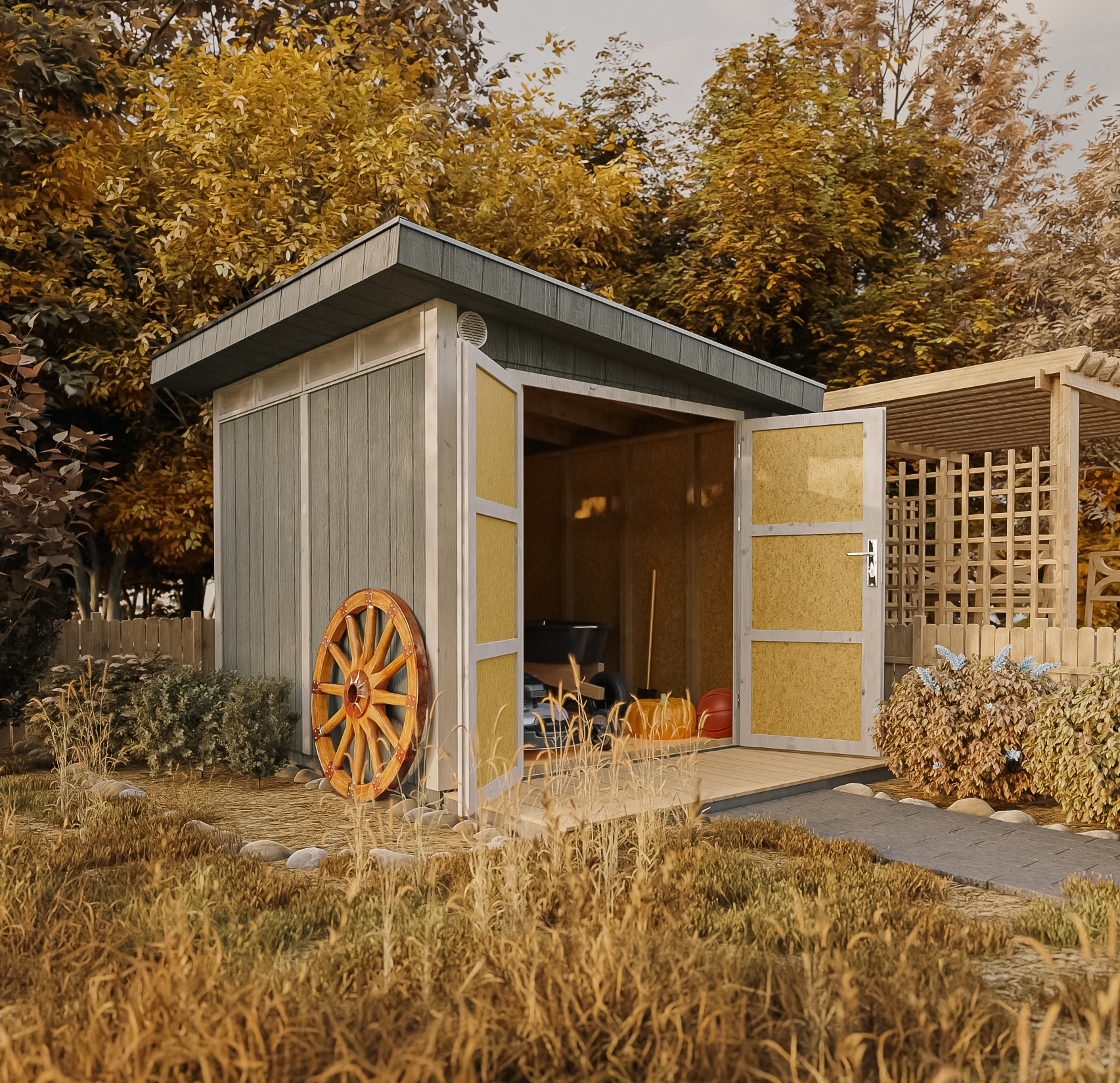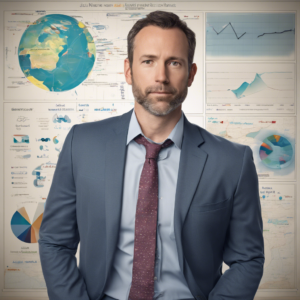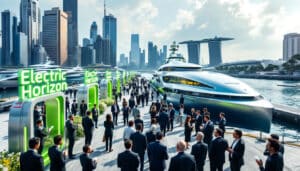Sustainable development is emerging as an essential pathway to positively transform our shared future. Through an integrated approach that balances environmental, economic, and social imperatives, it offers a framework to build fairer and more resilient societies. By rethinking our modes of consumption and production, and by promoting social equity, sustainable development invites us to become aware of our collective responsibility in the face of the degradation of our planet. It thus proposes not only a concrete response to current challenges but also an ambitious vision for a future where generations to come can thrive in harmony with their environment.

In the face of growing challenges affecting our environment, society, and economy, the concept of sustainable development emerges as a viable solution for transforming our future. By seeking to balance environmental, economic, and social imperatives, this approach offers a holistic perspective to improve our world. This article explores how sustainable development can shape our shared future through concrete actions and systemic changes.
Table of Contents
ToggleWhat is sustainable development?
Sustainable development is a response to the growing concerns about the degradation of our planet. This concept aims to establish a balance between environmental conservation, social equity, and economic growth. In other words, it ensures that our present needs are met without compromising the ability of future generations to meet their own. Sustainable development promotes development models that integrate these three dimensions harmoniously.
Key issues of sustainable development
The main issues of sustainable development include promoting social equity, reducing inequalities, and responsible economic growth. Sustainable development also encourages the use of new technologies to improve our energy efficiency and reduce ecological footprints. Furthermore, health, inequalities, and social exclusion are aspects influenced by our environment, highlighting the importance of an inclusive and integrated approach for a sustainable society.
Economic transformation
Sustainable economic growth relies on responsible practices that reduce the use of natural resources and encourage renewable energies. By adopting these practices, businesses and governments can not only stimulate the economy but also contribute to the preservation of our planet. The development of clean technologies, the encouragement of the circular economy, and the implementation of fair tax policies are essential actions to achieve this goal.
Social improvement
A crucial aspect of sustainable development lies in improving social cohesion by reducing inequalities and ensuring equitable access to resources. This involves not only social inclusion policies but also a revision of educational and health systems. Sustainable development seeks to build a society where every individual has an equal chance to succeed, regardless of race, gender, or economic status.
Acting for a sustainable future
The transition to a sustainable future requires collective action and inclusive strategies. Individuals, businesses, and governments must collaborate to implement environmentally friendly practices, reduce carbon emissions, and ensure equitable use of resources. Changing our consumption habits and promoting a greener economy are essential steps to transform our world.
Sustainable development goals: a roadmap for the future
The UN has defined 17 sustainable development goals as part of the 2030 Agenda. These goals aim to eradicate poverty, combat inequality, and protect our planet. By pursuing these goals, we can hope for a future where every individual can live in dignity, in harmony with nature. They are part of a global commitment to act today to ensure our future well-being and that of our planet.










